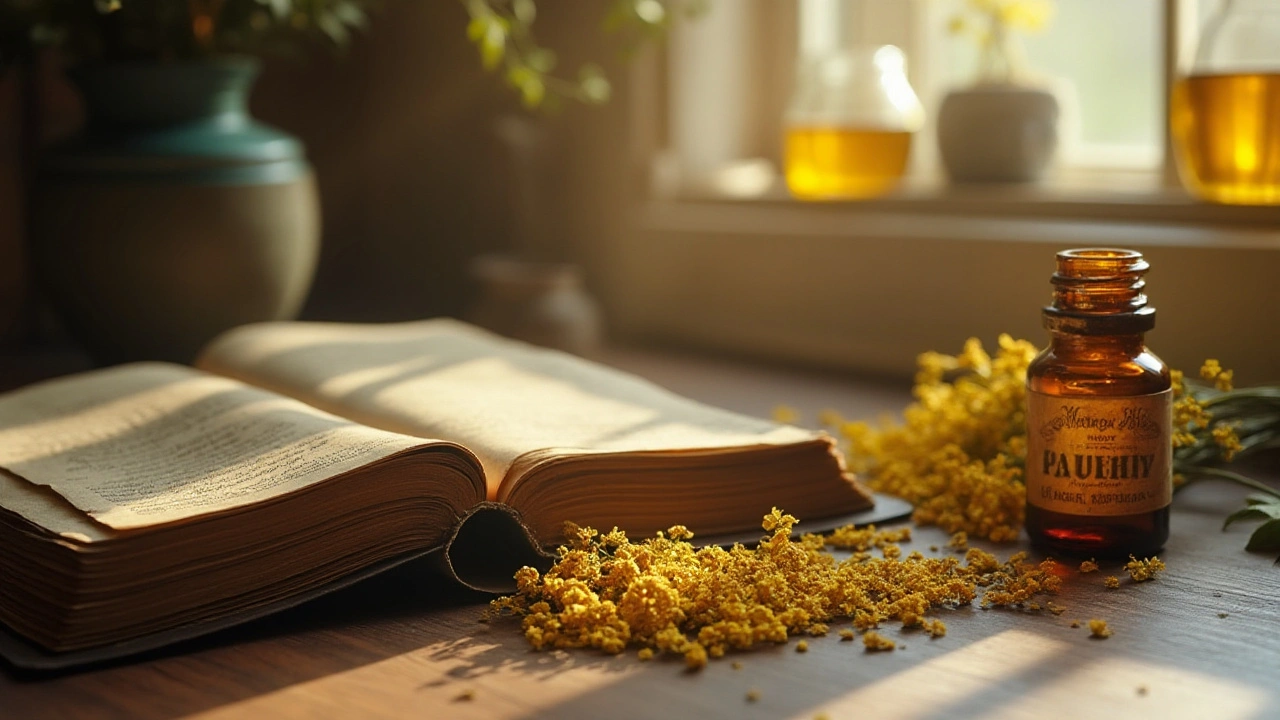Herbal supplements: what to know before you buy
Herbal supplements can help with energy, digestion, immunity, or just filling nutritional gaps. But not every bottle on the shelf does what the label promises. This page gives quick, usable tips so you pick safer, more effective products and avoid common mistakes.
How to pick a quality herbal supplement
Start by reading the label. Look for the scientific name (for example, Annona muricata for graviola) and the exact extract ratio or standardized percent of active compounds. "Standardized" means the maker measures key ingredients — that helps predict effects.
Check for third-party testing seals from groups like USP, NSF, or ConsumerLab. Those tests don’t prove a product works, but they do confirm the bottle contains what it says and is free from heavy metals or contaminants.
Pay attention to dose and form. Some herbs work better as tinctures, others as capsules. A low dose may do nothing; an extremely high dose can cause harm. If the label lists vague totals like "proprietary blend" without specifics, be cautious.
Safety, interactions, and who should be careful
Herbs interact with medicines. St. John's wort can reduce the effect of birth control or blood thinners. Ginkgo may raise bleeding risk with aspirin. If you take prescription drugs, ask your doctor or pharmacist before starting an herb.
Avoid herbal products if you’re pregnant, breastfeeding, or giving them to young children unless a clinician approves. People with liver disease, low blood pressure, or autoimmune conditions should double-check safety, since some herbs can worsen those issues.
Watch for side effects. Digestive upset, headaches, or allergic reactions are common early signs. Stop use and seek medical advice if you notice trouble breathing, severe rash, jaundice, or unusual bleeding.
Want examples? Graviola (soursop) is popular for general immune support — but there’s limited human research and some safety questions at high doses. Coffee charcoal blends aim to support digestion; charcoal can bind meds, so do not take it close to prescriptions. Rusty-leaved rhododendron is being marketed as a specialty supplement; research is thin and dose guidance varies. These examples show why quality and dosing matter.
Where to buy: choose reputable retailers or established online pharmacies. Read recent customer reviews, check return policies, and confirm the company lists testing info. Avoid products promising instant cures or miracle results. If a vendor pressures you to buy many bottles, step back.
Small habits matter: keep a list of all supplements and medicines you take, store bottles in a cool dry place, and use a pill organizer if you take multiple products. If you’re trying something new, start with the lowest recommended dose and wait a week to notice effects or side effects.
Questions about a specific herb or product? Send the name and label details and we’ll help you evaluate it.



